Our Factory
- Cookware
- Bakeware
- Fixed metal moulds and trays
- Silicone moulds and mats
- Foldable or removable metal moulds and trays
- Perforated moulds and rings
- Blue steel pastry moulds
- Rings and frames
- Baking grates and trays
- Utensils
- Pastry nozzles and pastry bags
- Le Tube
- Bowls and Pastry bowls
- Sieves, colanders, chinese strainers and dredgers
- Funnels and piston funnels
- Chocolate work
- Sugar and jam
- Sweet maker
- Utensils
- Knives and slicing
- Mills
- Themes
- Collections
- AFFINITY
- Alchimy
- Carbone Plus
- CHOC
- CHOC ACCESS
- CHOC B BOIS
- CHOC EXTREME
- CHOC INTENSE
- Choc Intense Amovible
- CHOC
- CHOC RESTO INDUCTION HACCP
- ELASTOMOULE
- FK0
- FK1
- FK2
- FRENCH COLLECTION
- GEOFORME
- INOCUIVRE
- JAVA
- KOBRA
- KOMI
- KWIK
- La Lyonnaise
- LE TUBE
- LOQY
- MILADY
- Mineral B
- Mineral B Bois
- MINERAL B PRO
- MOULFEX
- OUTDOOR
- PRIMA MATERA
- PRIM'APPETY
- REVOLUTION
- RUMBA
- AIR-SYSTEM
- SWING PLUS
- TWISTY
- VALRHONA
- VANTAGE
- VIPER
- Ribbons
- Produits spécifiques
- Sélection
- New products
- Bestsellers





.png)
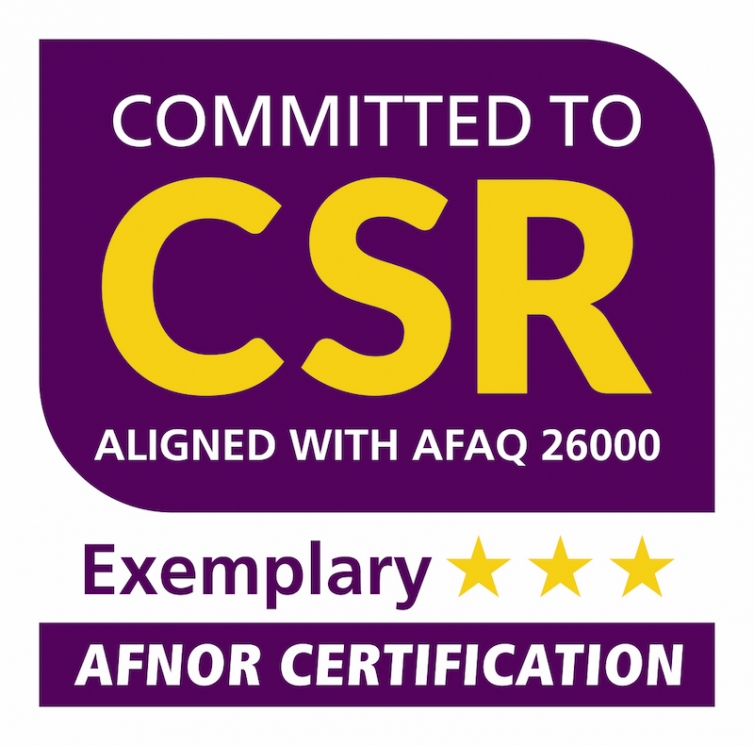
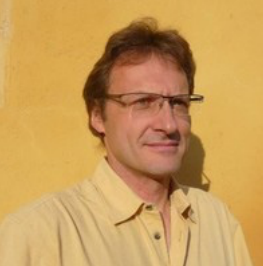
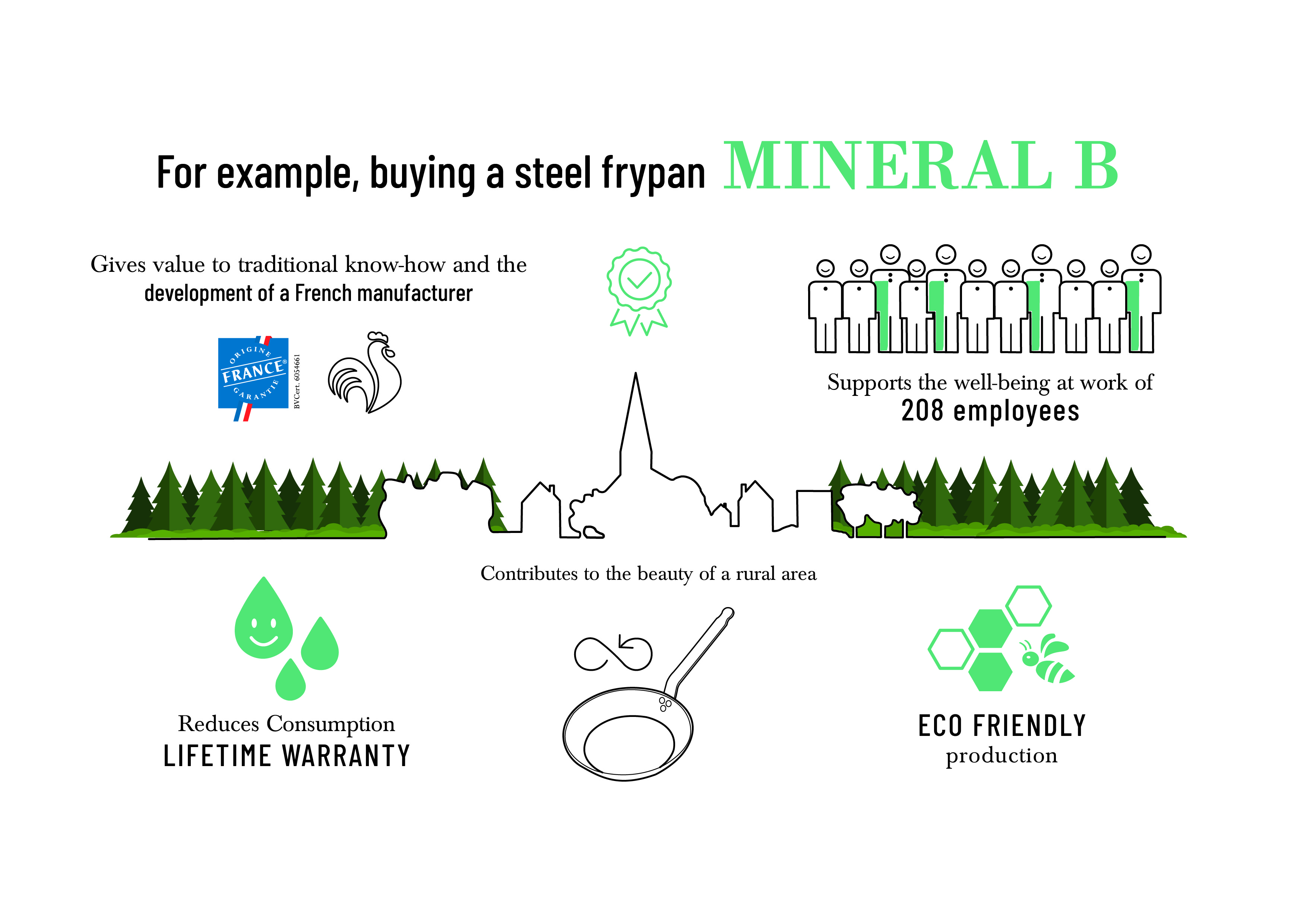
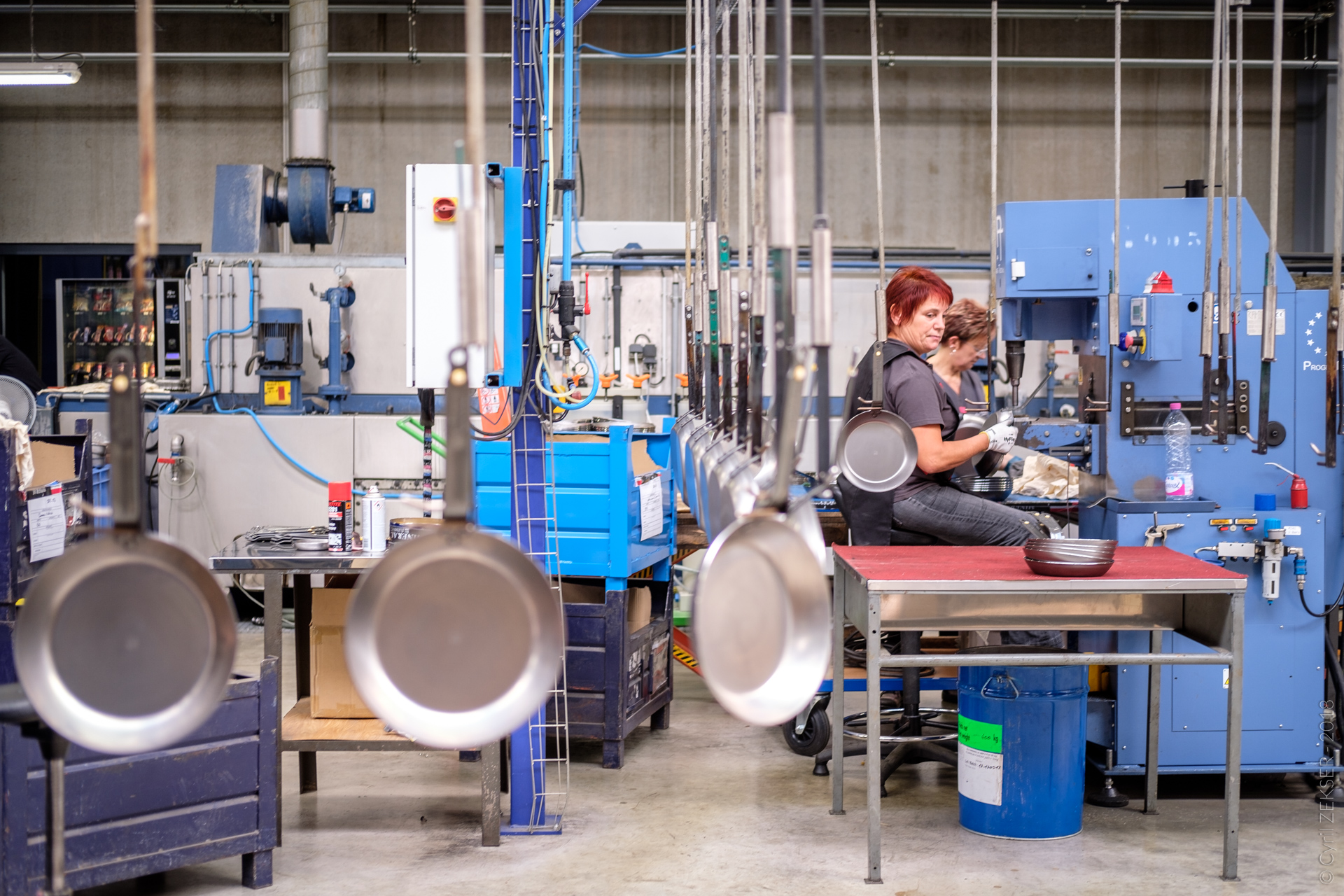
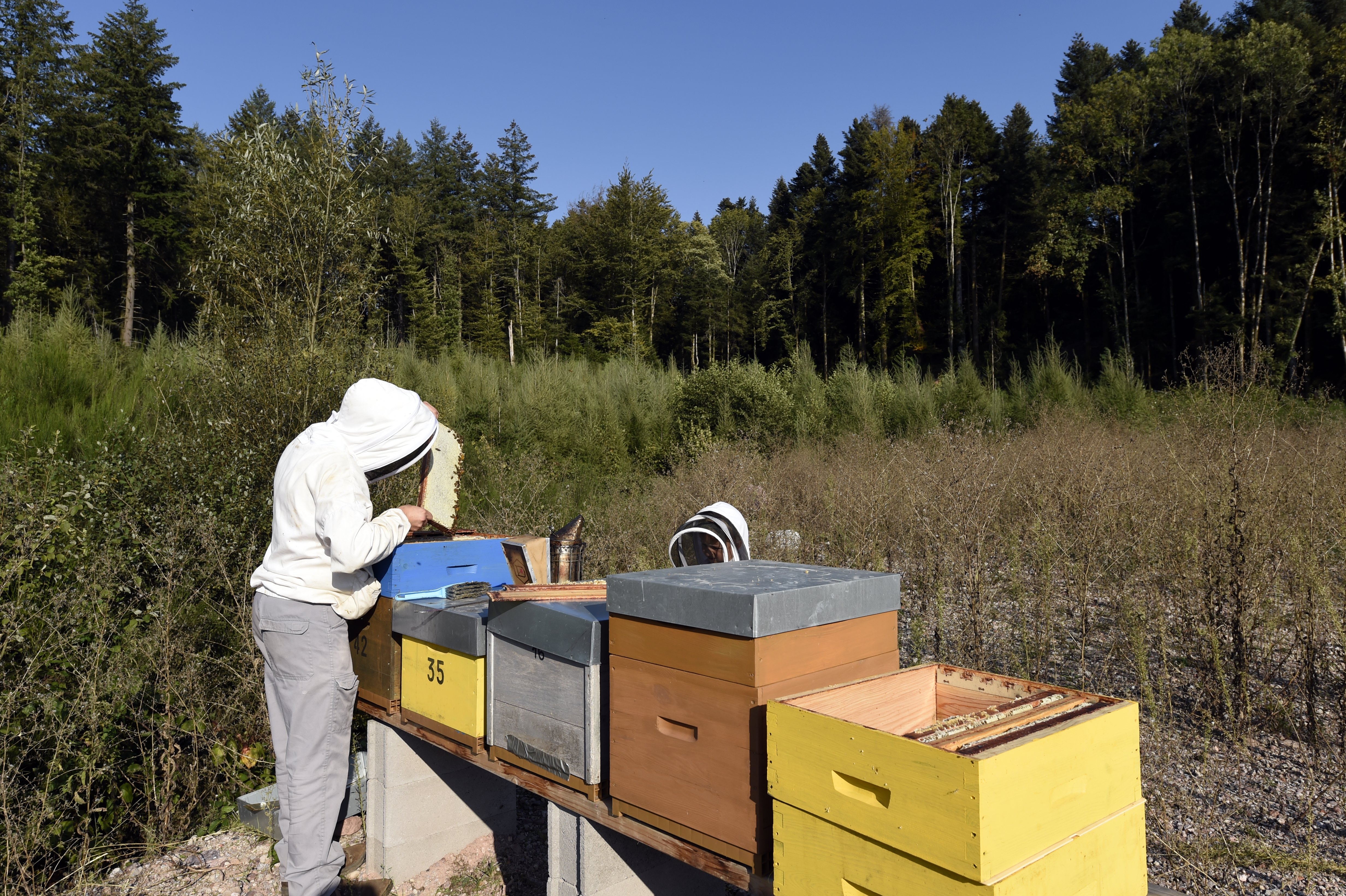
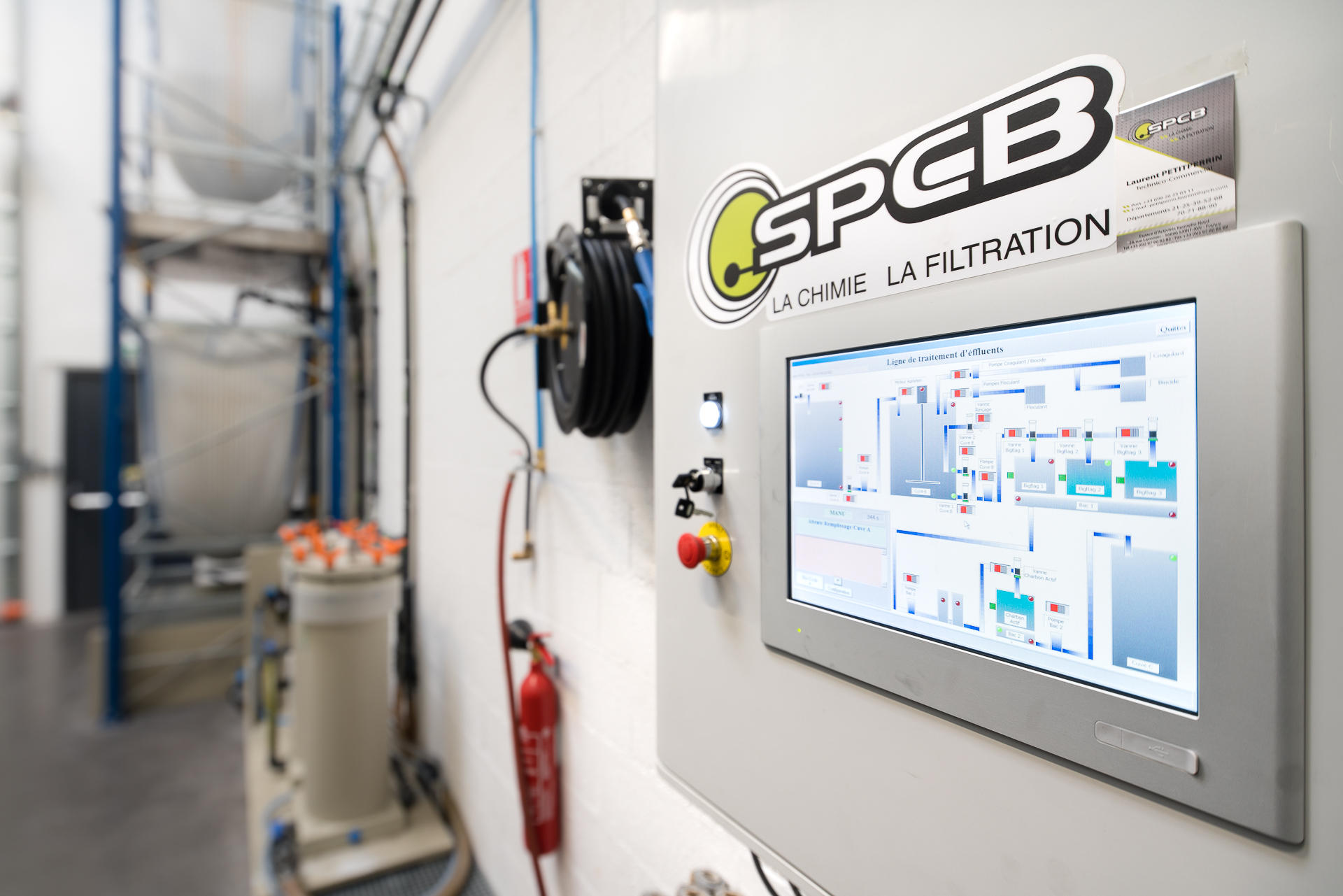
.jpg)